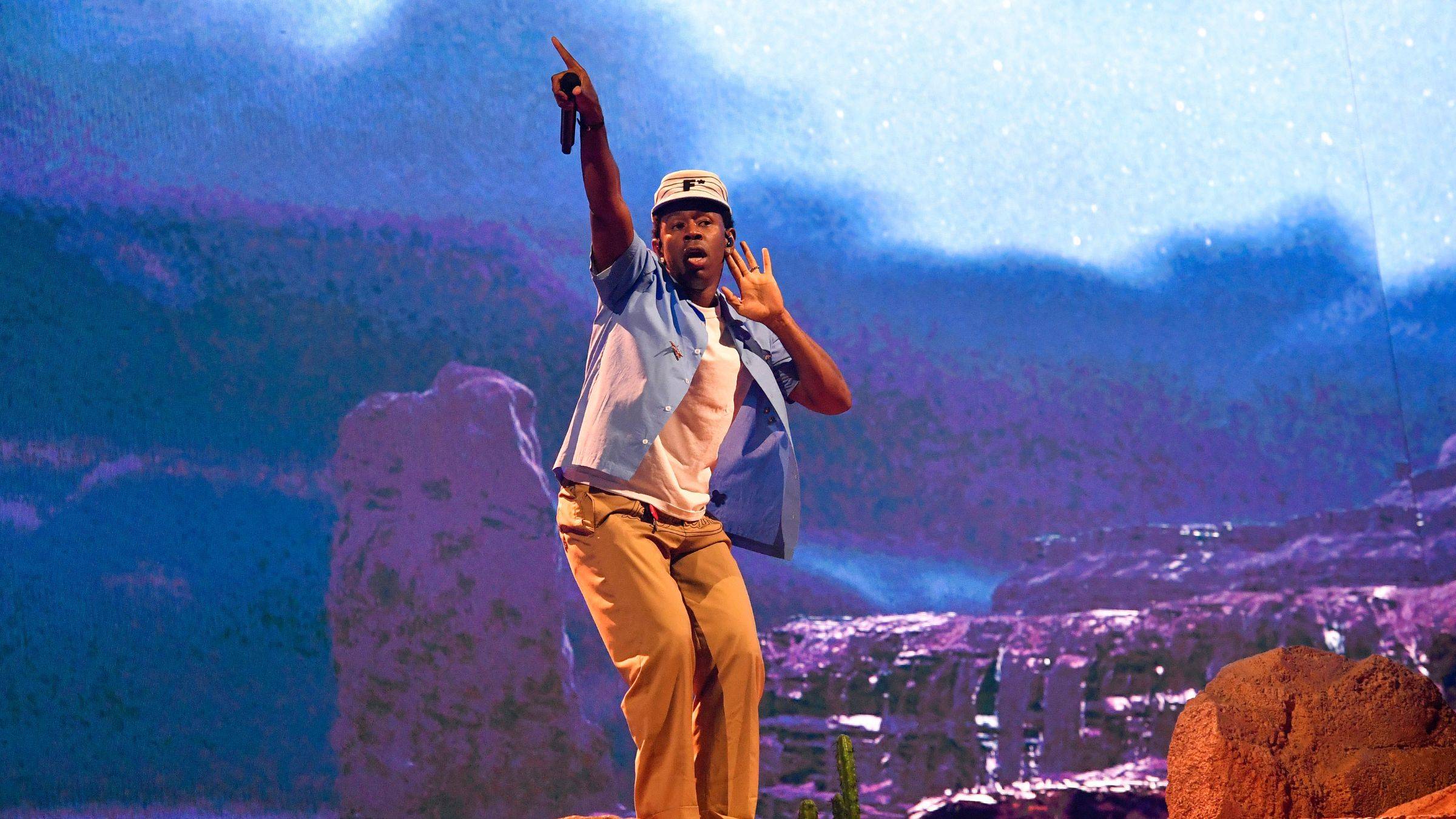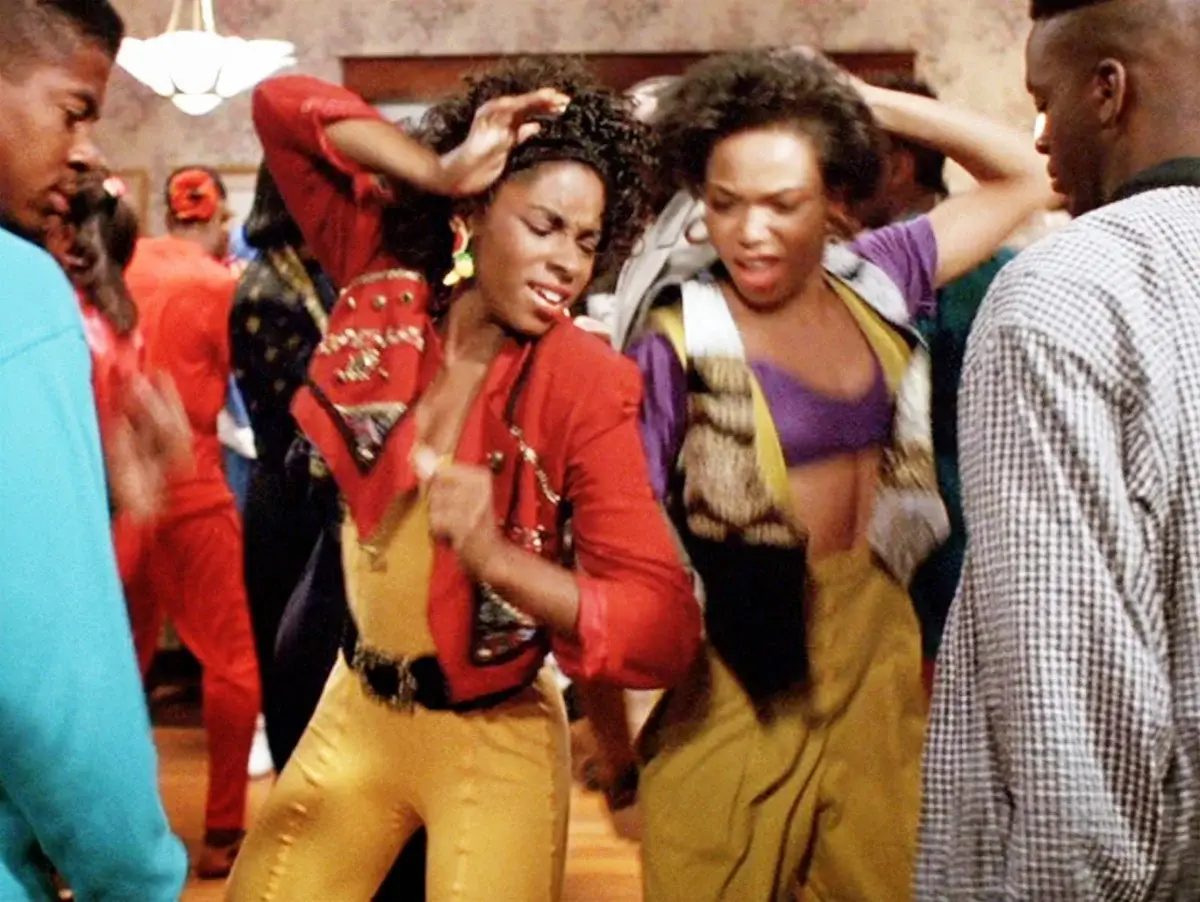C. African Republic Rebels Accused of Massacres

DAKAR, Senegal (AP) — The rebels invaded on stolen motorcycles at 5 a.m., shooting into the air to announce their arrival in the secluded village in Central African Republic. They went house to house, breaking down doors and separating the men from the women and children.
After taking the men to a nearby base, the fighters slaughtered them with machetes, witnesses said. Fifteen are confirmed dead in the attack at the end of July on the northern village of Ouham Bac, though all the bodies that were dumped in a nearby river will never be counted.
One 30-year-old survivor told The Associated Press he had to walk on foot for more than 20 miles (35 kilometers) with a machete wound to the head after the rebels stole his motorcycle as he lay bleeding on the floor of his thatched hut. It was nearly a week before he and his wife were reunited with their 9-year-old son.
"We just ask the world not to forget us," he says, too terrified to give his name for fear the rebels will find him and his family.
Central African Republic's rebel leader-turned-president, Michel Djotodia, who was sworn into office this week five months after seizing power, has pledged to return the country to democracy and stability. But Djotodia's Seleka rebels, who overthrew the previous president in March, are accused of continuing to carry out atrocities in some of the most isolated corners of the deeply impoverished country in the heart of Africa.
Seleka rebels are blamed for attacking communities that have fought back against the rebellion by forming self-defense groups. Rebel violence also has been centered near the hometown of ousted President Francois Bozize in the northwest and may be aimed at his perceived supporters, observers say.
"The international community, including African countries, is content with holding meetings but the situation unfolding here is deeply troubling: The rebels are everywhere and they are heavily armed," said Father Aurelio Gazzera, a local diocesan Caritas director who has ventured to the isolated communities where scores have been killed since mid-July.
The violence has caused some 206,000 people to be internally displaced within Central African Republic, and more than 60,000 others to flee to neighboring countries, according to estimates from the United Nations refugee agency. More than 4,000 have fled to Chad since mid-July alone.
The violence has not been limited to the north: In another attack near the southern border with Congo, Seleka rebels burned homes to the ground. Twenty-eight deaths already have been confirmed though as many as 200 decomposing bodies may still be in the fields surrounding the village, says a local aid group.
"The countryside is ridden right now with a nauseous smell," said a report by Charles Kounchou from COHEB, the non-governmental organization operating in the area.
The Djotodia government did not respond to a request for comment from The Associated Press on the massacre reports, though it has repeatedly blamed the violence on other armed groups that are not part of Seleka.
The attacks, far from the disintegrating capital of Bangui, underscore the lack of authority the rebel leaders in the capital exert over their soldiers in the provinces. Seleka is an unwieldy coalition of existing rebel groups who joined forces in December 2012 with only one objective — to overthrow the Bozize government after years of perceived neglect and marginalization. After invading the capital last March, the rebels began looting aid groups, U.N. offices, even an orphanage.
The newly reported massacres are only the latest misery to befall residents here. Life expectancy was the second-lowest in the world — 48 years — even before the rebellion started in late 2012. Central African Republic has never even built a hospital with its own money since independence from France in 1960, Gazzera notes.
U.N. Assistant Secretary-General for Human Rights Ivan Simonovic has warned that the world cannot afford to ignore the deepening crisis.
"Conflict will continue to impose suffering on large numbers of people; it will deepen the religious and ethnic divide; and it may destabilize the wider region," he said this month.
Lewis Mudge, a researcher with Human Rights Watch's Africa division, said many survivors have identified their attackers as being of Chadian or Sudanese origin, raising the specter of regional participation in the conflict.
Central African Republic has a history of misrule and coups dating back to its independence from France 53 years ago. Dictator Jean-Bedel Bokassa declared himself emperor in 1977, squandering the country's money to hold a multimillion-dollar coronation ceremony modeled after Napoleon Bonaparte's.
___
Associated Press writer Jose Richard Pouambi in Bangui, Central African Republic contributed to this report.
(Photo: AP Photo/Jacob Zocherman)





